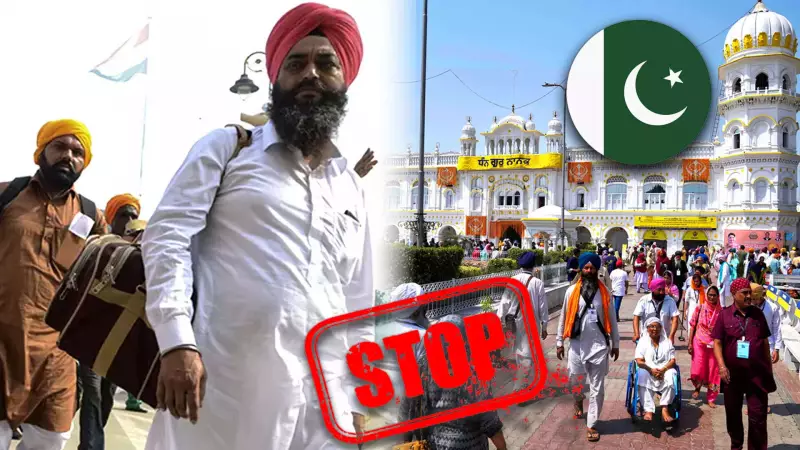
In a development that has sparked outrage and diplomatic concerns, Pakistani authorities have prevented 14 Indian pilgrims from crossing the border at the Sindoor checkpoint, explicitly citing their Hindu religion as the grounds for refusal.
This incident represents the first attempted border crossing since the implementation of Operation Sindoor, and it has taken a sour turn, highlighting the fragile state of cross-border religious travel. The pilgrims, who were undertaking a religious journey, found themselves at the center of an international dispute.
A Barrier of Faith
According to reports, the group of Indian nationals was stopped and turned back at the border. The explicit reason provided by Pakistani officials—that the individuals were Hindu—has raised serious questions about religious freedom and the spirit of existing pilgrimage agreements between India and Pakistan.
This action is seen as a significant departure from established protocols that traditionally govern the movement of religious devotees between the two countries.
Diplomatic Repercussions Begin
The blocking of the pilgrims is expected to have immediate diplomatic consequences. Indian authorities are likely to raise the issue through formal channels, protesting what appears to be a clear case of religious discrimination at an official level.
This event threatens to further strain the already complex and often tense relationship between New Delhi and Islamabad, casting a shadow over future cross-border religious and cultural exchanges.
The situation remains fluid, with officials on both sides monitoring developments closely. The incident at the Sindoor crossing serves as a stark reminder of how quickly regional diplomacy can be destabilized by actions at the grassroots level.






